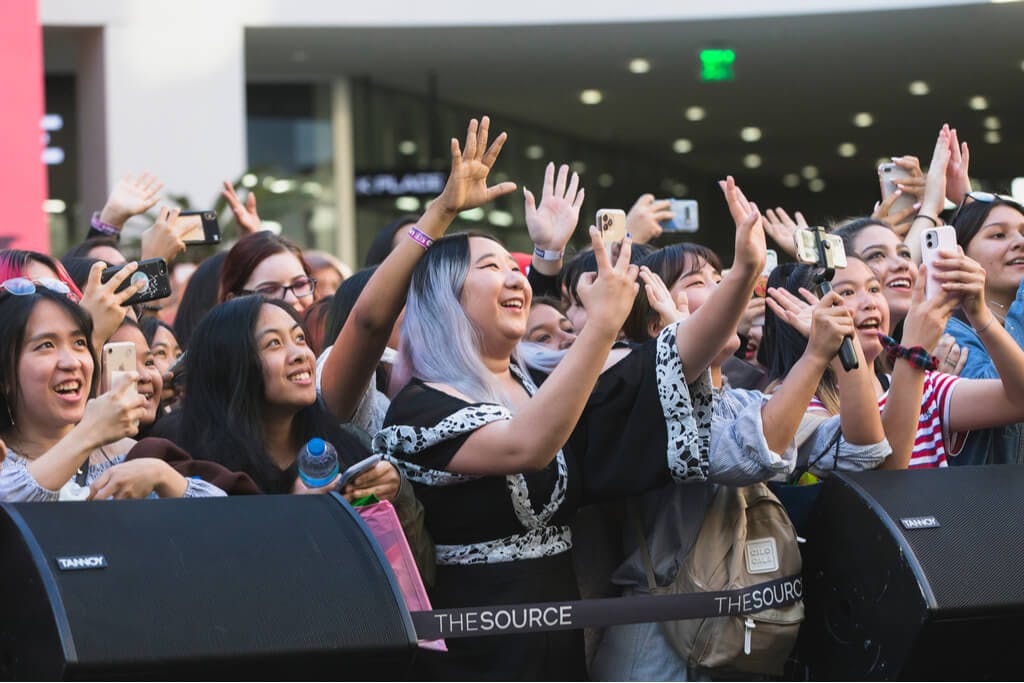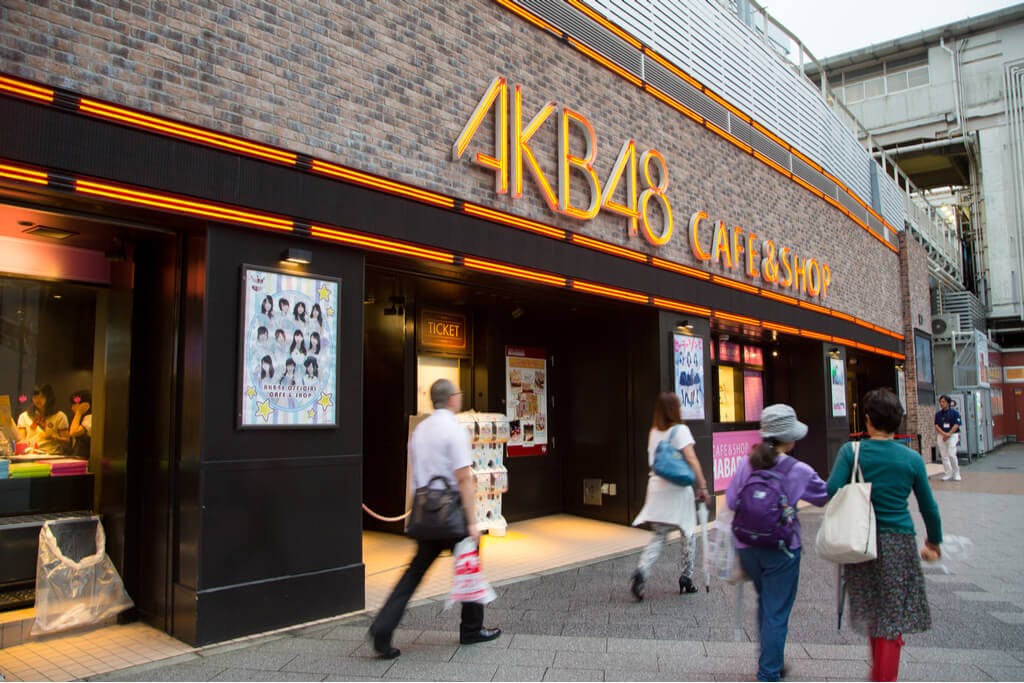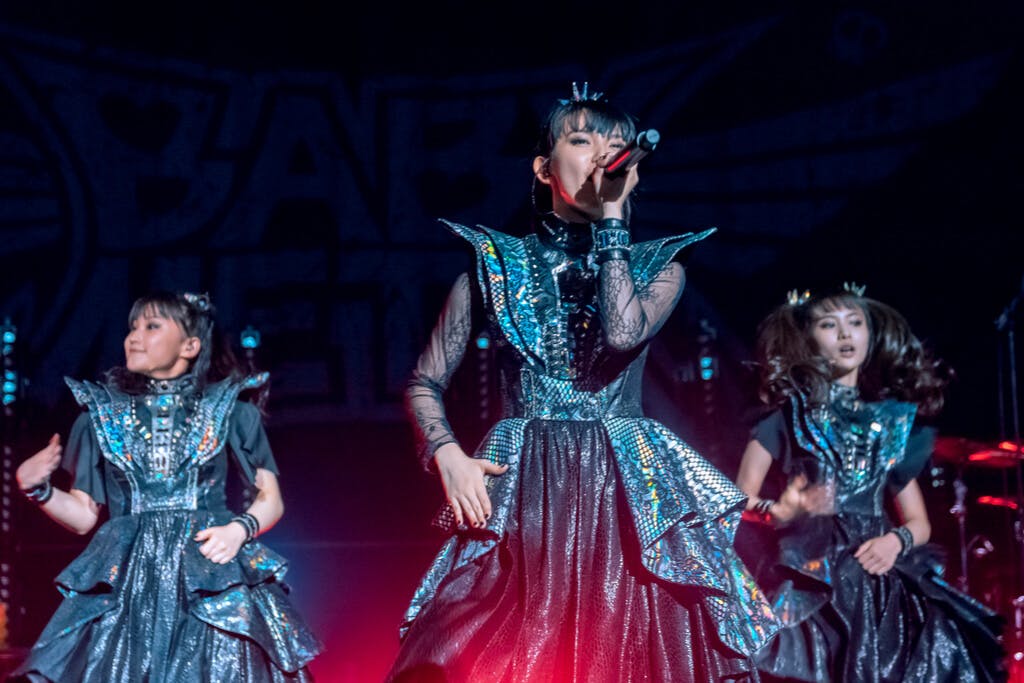Pop music was created during the 1950’s in the US and UK. Pop music is a youth-oriented modern form of music that consists of different genres, featuring stars with stunning makeup.
Since Pop music is aimed at a more general audience, it has become a huge part of the culture in several countries. Lately, both Japan and Korea have become major hubs for Pop music bands, and are a part of the wave which is currently sweeping the music industry.
K-Pop Music
Korean pop or K-pop is the popular music genre of South Korea. Korean Pop music has been inspired by different genres. Besides Pop, Korean music has also been influenced by Jazz, Hip/Hop, Reggae, R&B amongst others. Though it started in the 1950s with the Kim sisters, Pop music actually came into the picture with the famous boy band Seo Taiji and Boys from 1992 in South Korea.
Seo Taiji and Boys actually ruled the Korean music industry. They also won several awards, and helped change the scenario of Pop Music in South Korea. Though the Korean Pop music saw a dip in its popularity around 2003. But within a few years it started rising again with TVXQ and BoA.

image via shutterstock.com
K-Pop Fans
K-pop fans play a major role in the current music industry. K-pop fans have been quite loyal towards k-pop music. PSY’s Gangnam Style was one of the most viewed songs on Youtube and held the record for having the highest number of views for a long time.
J-Pop Music
Japanese Pop too started early on around the 1950s. Though the influence for Japanese Pop was mainly American rock and hip/hop. It was in the late ‘80s when a lot of singers started covering western songs in Japanese. It was in the 1990’s, just like k-pop when j-pop also started to boom.Some of the breakout singers who were able to grow their presence of j-pop were Hikaru Utada and Namie Amuro. They brought j-pop to the forefront. At present, there are multiple groups and solo singers in the j-pop industry.

image via shutterstock.com
Though j-pop may not be too well known in the West, Japan has the 2nd largest music market, and j-pop definitely has a part of that pie.
Some of the popular j-pop bands currently include AKB48 and BABYMETAL.
K-Pop vs J-Pop
There are minor variations in j-pop and K-pop and it comes down to the cultural and societal differences rather than differences in music. Ironically in the 20th Century, j-pop was very dominant in Korea, so much so that k-pop's roots can be traced to being influenced heavily by j-pop.
Though both are very popular, there is a clear demarcation in the case of K-pop based on the team members and group names, for example: BLACKPINK and TWICE. Both are bands by girls but they are managed differently and this is determined by the management agency. While in the case of j-pop, two groups may be managed by the same agency and have similar names but may still differ in their dressing sense and their choice of music.

image via shutterstock.com
K-pop and j-pop also differ in terms of training. K-pop artists go through a more rigorous training than the j-pop artists and it takes more time to become a k-pop artist. While K-pop artists are trained in dancing, singing, and other additional qualities before they are presented. J-pop members may be presented in a matter of weeks. This difference exemplifies the fact that the k-pop artists are more professionally trained than j-pop. While J-pop artists are more self trained and they build themselves up from the scratch as they grow along with their fan base.
Get the cutest cosmetics and skincare from Korea and Japan with nomakenolife! Curated and shipped straight from Tokyo to your door!
Also, j-pop focusses on cuteness popularly known as the Kawaii culture in Japan. K-pop artists, who undergo intensive training, are more experienced. Therefore, when they start their journey they are more alluring, mature and appealing in a subtle way.

image via shutterstock.com
There are a few more subtle differences between k-popand j-pop. The differences also include their dancing style. K-popband members are seen using more limb movements and an ensemble dancing routine than the j-pop band members.
One of the main reasons why k-pop may seem more popular than j-pop in the West may be attributed to their market size. Japan’s music market is huge within the borders itself. Thus, music companies take less stress for overseas marketing. However, since the Korean market is smaller compared to Japan, the k-pop bands do invest more in foreign markets than the domestic ones.
 Paulomi
Paulomi




